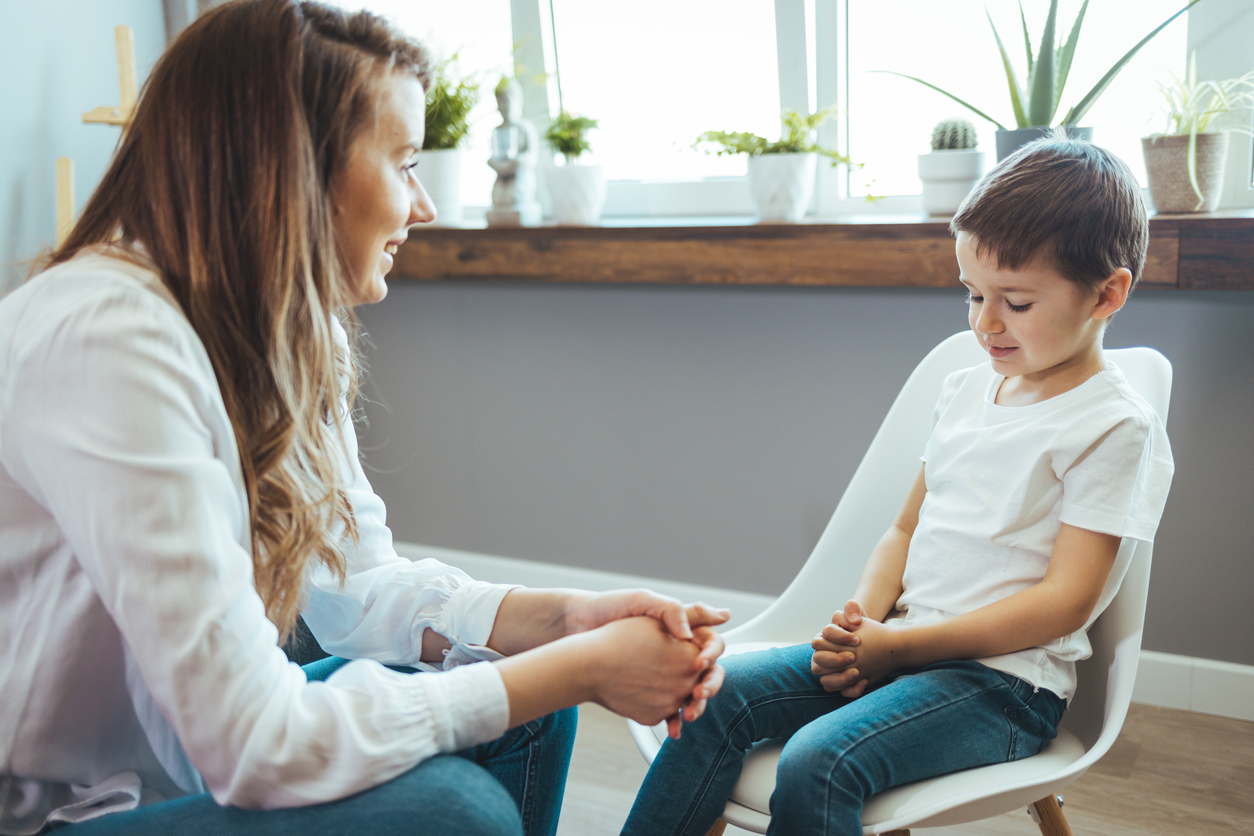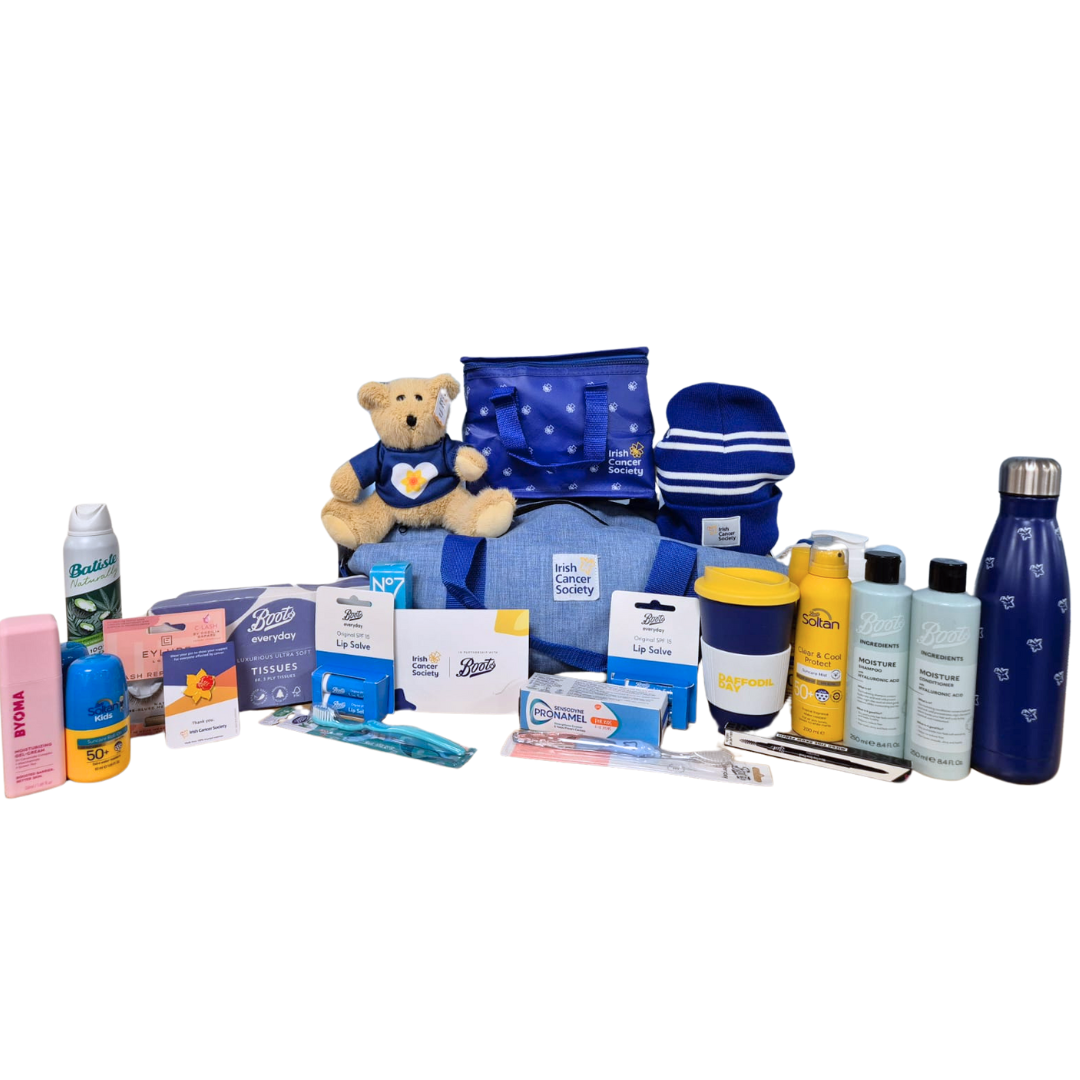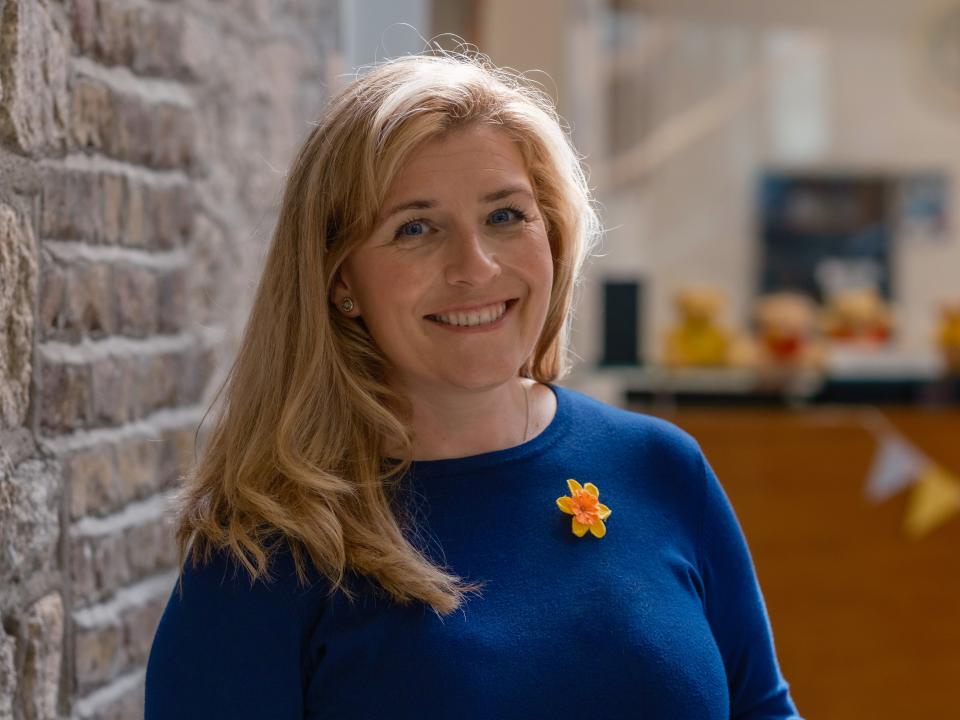Tests to examine children’s cells and genes
These are special tests that can diagnose the type of cancer and give more information about it.
A specialist doctor called a pathologist can look at the size, shape and number of cells to see if they contain cancer, to diagnose the type of cancer and to give more information about the cancer.
There are different types of tests that can be carried out.
Immunophenotyping
Immunophenotyping is a test that checks what kind of proteins or markers are on the surface of cancer cells. This tells doctors more about your cancer.
Knowing about these proteins or markers can help your doctor to:
- Diagnose what type of cancer your child has. For example, different types of leukaemia and lymphoma.
- Find out how the cancer might develop. For example, some types of proteins help the cancer to grow faster.
- Plan the best treatment. Some targeted therapy treatments can attack or attach to certain proteins or markers to help treat your child’s cancer.
Immunohistochemistry and flow cytometry are examples of immunophenotyping tests.
In these tests, cells are treated with antibodies in the laboratory. The antibodies stick to certain proteins on the cells. The cells are then examined to see which ones the antibodies have stuck to, helping to identify the proteins on the surface of the cells.
Cytogenetic tests
Cytogenetic tests look at chromosomes (which contain genetic information) to see if there are any abnormal changes in them. Changes in chromosomes can help to diagnose some types of cancer, decide on the best treatment or see how well a treatment is working. For example, there may be targeted therapies that can use the genetic change to attack the cancer.
Cytogenetic tests are done in a laboratory and can use tissue, blood or bone marrow samples.
Ways of looking at the cells
The cells are examined to see if there is any damage or any abnormal changes to chromosomes. For example, are there any missing or extra chromosomes? With some types of blood cancer, translocation happens – this is when DNA from one chromosome attaches to another chromosome. An example of this type of change is the Philadelphia chromosome, which is found in some types of leukaemia.
Fluorescent in situ hybridisation (FISH) uses fluorescent dyes that attach to parts of particular chromosomes. The dyes will glow (fluoresce) under ultraviolet light to help the pathologist identify any gene changes in the cells.
FISH is helpful in finding chromosome changes that are too small to be seen with usual cytogenetic testing. A FISH test can help your doctor to predict how the cancer might respond to a particular treatment, so they can recommend the best option.
Getting cytogenetic test results
In order to do some types of cytogenetic tests, scientists need to grow cells in the laboratory from the blood, bone marrow or tissue samples. This means it can take 2-4 weeks to get results of some cytogenetic tests. Sometimes the samples will need to be sent away to specialist labs, which takes longer.



Talk to a Cancer Nurse

Support Line
In-hospital support

